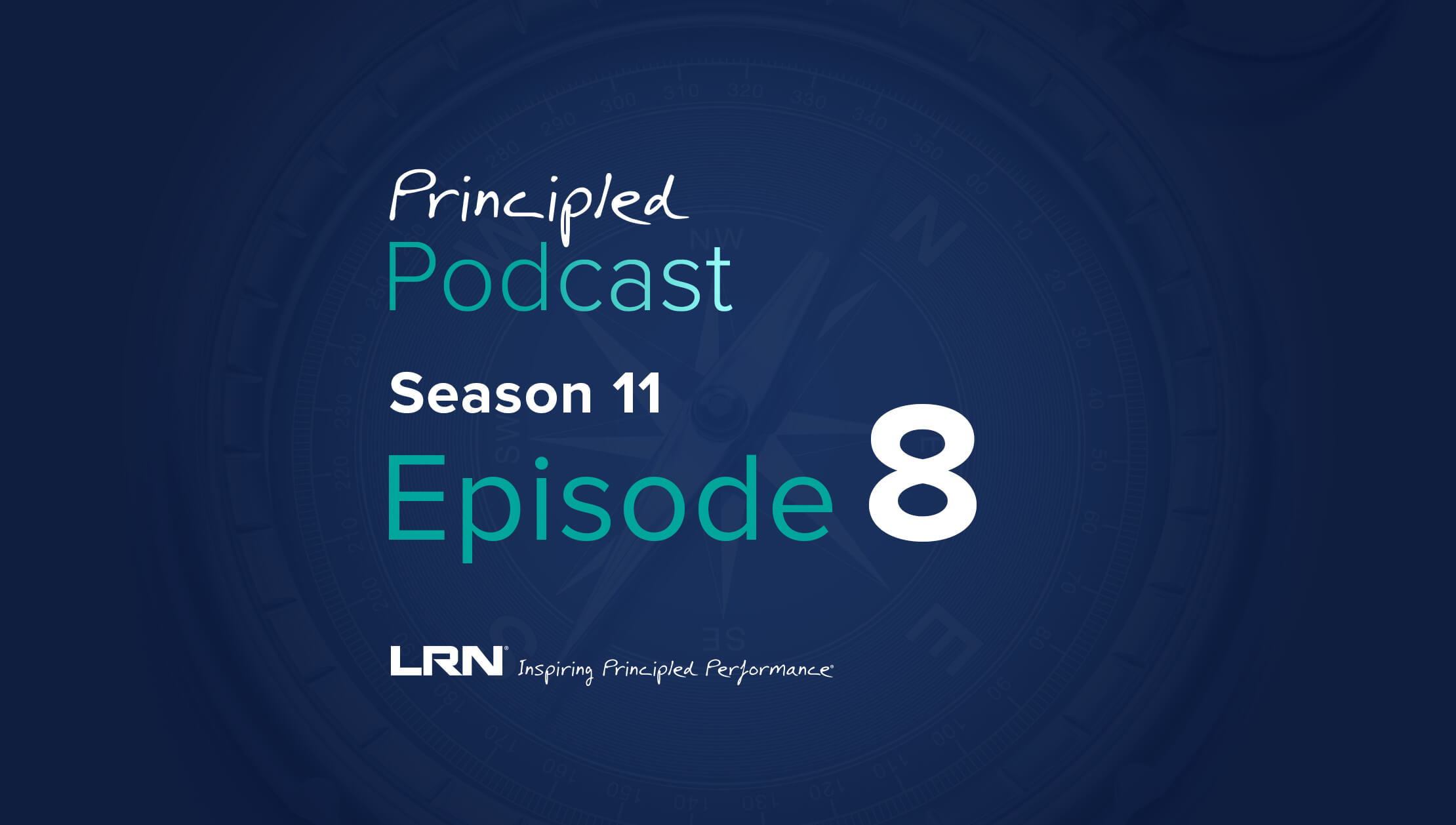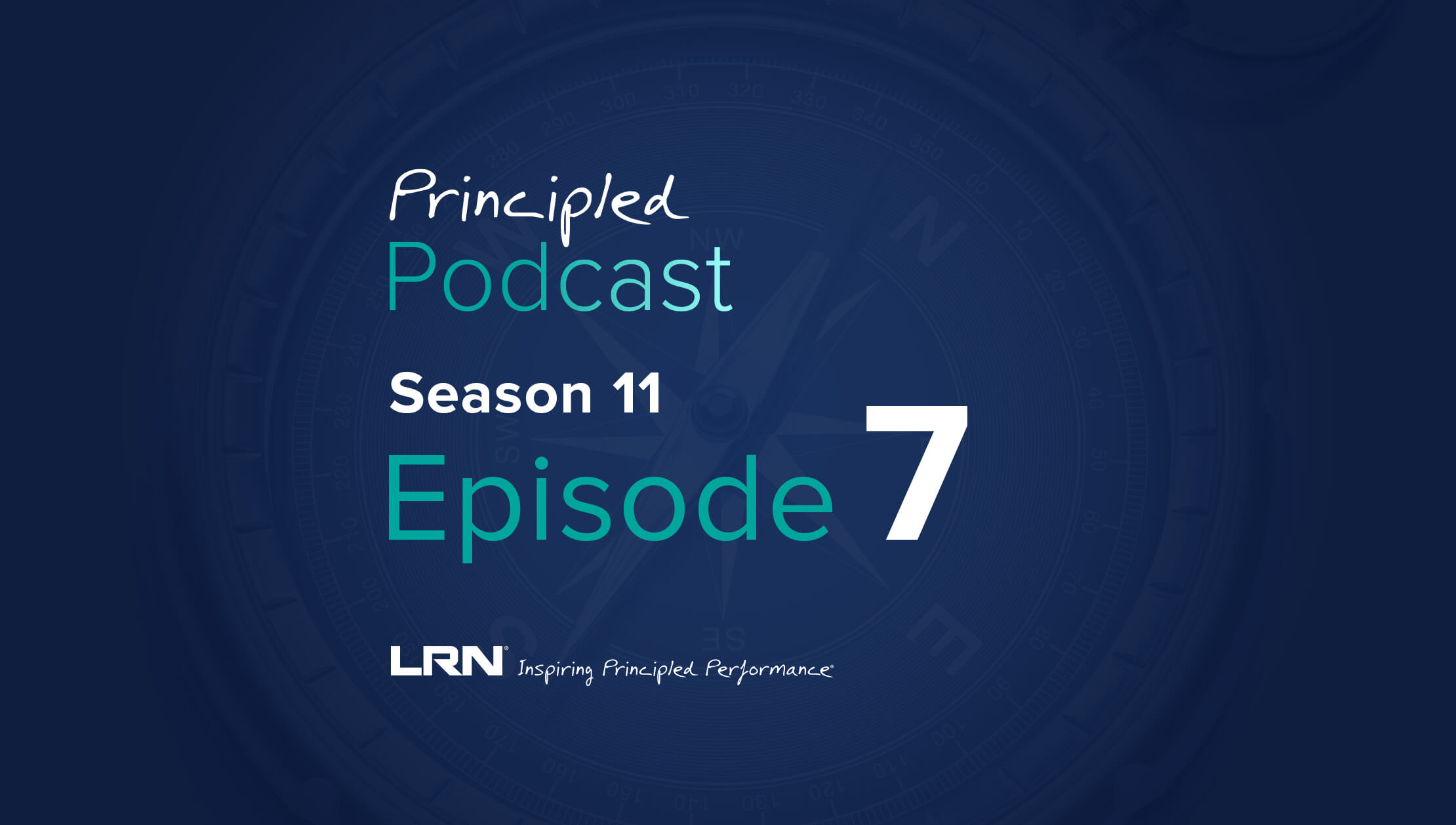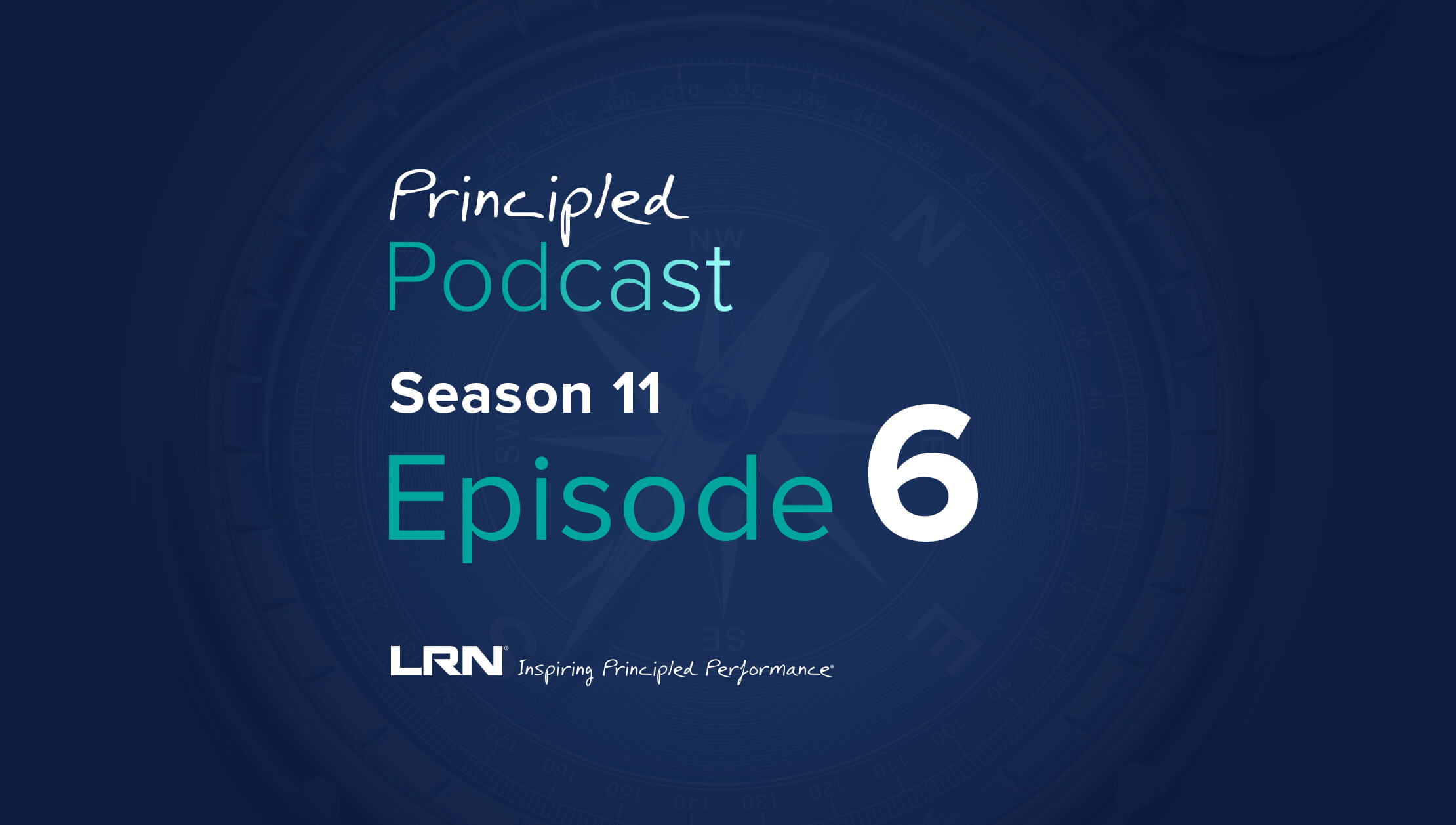The following case study is from our latest research, “The 2021 Ethics & Compliance Program Effectiveness Report: Meeting the COVID-19 Challenge.” While the pandemic proved to be the ultimate “stress test” for ethics and compliance programs worldwide, we found that many employees felt their companies largely rose to the challenge. To learn more, download the report here.
The World Bank Group is a multilateral institution of five entities dedicated to sustainable solutions that reduce poverty and build shared prosperity in developing countries. With 189 member countries, staff from more than 170 countries, and offices in over 130 locations, it is truly a global and diverse organization.
When the COVID-19 crisis hit, the Bank’s E&C team quickly pivoted and focused on how to put ethics and compliance resources into the hands of all Bank employees everywhere, in every time zone, as effectively and quickly as possible.
“During these challenging times, upholding our core values is more relevant than ever,” said Jorge Dajani, Chief Ethics Officer. “Embedding ethics in everything we do at the World Bank Group has become our value proposition to the institution.”
This effort involved:
- A new code of ethics that served as a tool for culture change, with a focus on values-based behavior.
- Dedicated, in-depth senior leader training on managers’ responsibilities for ethics, including fostering a culture of safe speech to encourage innovation and detect potential ethical risks.
- Fast turnaround—an average of eight hours or less—on requests for advice from employees about compliance issues.
- Switching to more videos and infographics and embedding interactive surveys to engage staff and ensure more effective communications and training.
- Strengthening engagement and awareness through focused conversations with staff at team and organizational unit levels and through collaborations with corporate services and institution-wide initiatives.
- Ensuring that the Ethics Department was directly involved in the corporate initiatives related to addressing COVID-19 (e.g. discussions on vaccines, or on return to work).
- Performing root cause analysis not only on identified misconduct cases but also on situations where staff requested advice or authorization from the Ethics Department, to identify emerging trends or emerging risks.
A major part of the Bank’s effort centered around ensuring that the E&C team members could do their work unimpeded, remain connected as a team, and support each other while working from home. This meant making sure the Bank’s IT platform could accommodate all of the E&C department’s activities and enable team members to work seamlessly. As not all team members work in the same time zone or country, connecting in various ways was hugely important. There were monthly team meetings with Dajani, virtual happy hours, lighthearted quizzes, as well as informal check-ins that included openhearted discussion of personal welfare, challenges, and other concerns. A weekly newsletter kept team members abreast of business developments and Chief Ethics Officer’s activities.
The World Bank’s story is one of several case studies in LRN’s 2021 Ethics & Compliance Program Effectiveness Report: Meeting the COVID-19 Challenge, which surveyed nearly 650 ethics, compliance, and legal executives, and experts at companies and organizations around the world with at least 1,000 employees. To learn more about the report and the World Bank's E&C plans, listen to our webinar where LRN’s Susan Divers discusses key findings with Jorge Dajani, Chief Ethics Officer at the World Bank Group.



